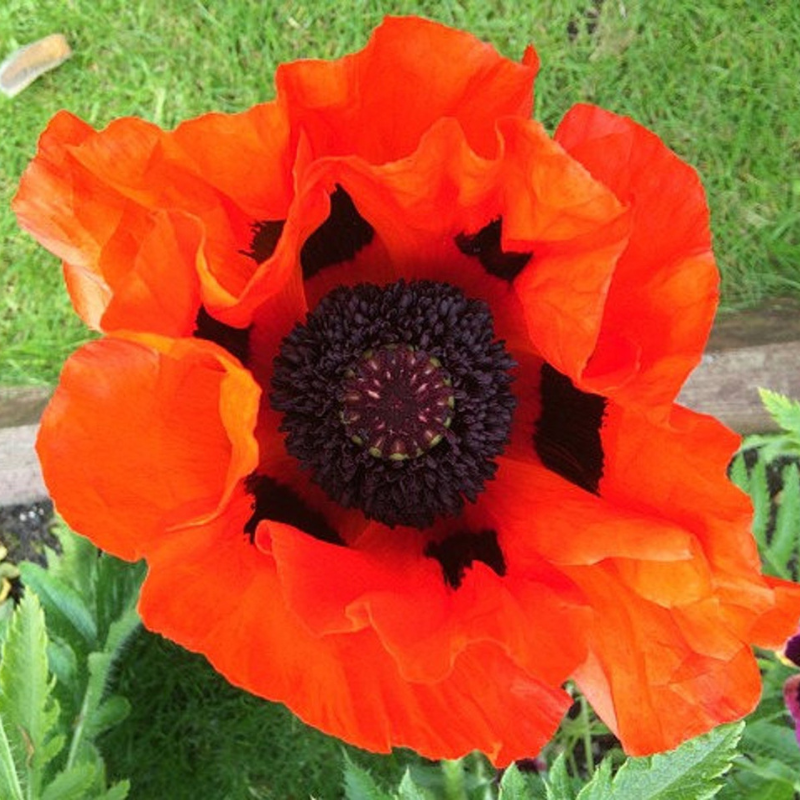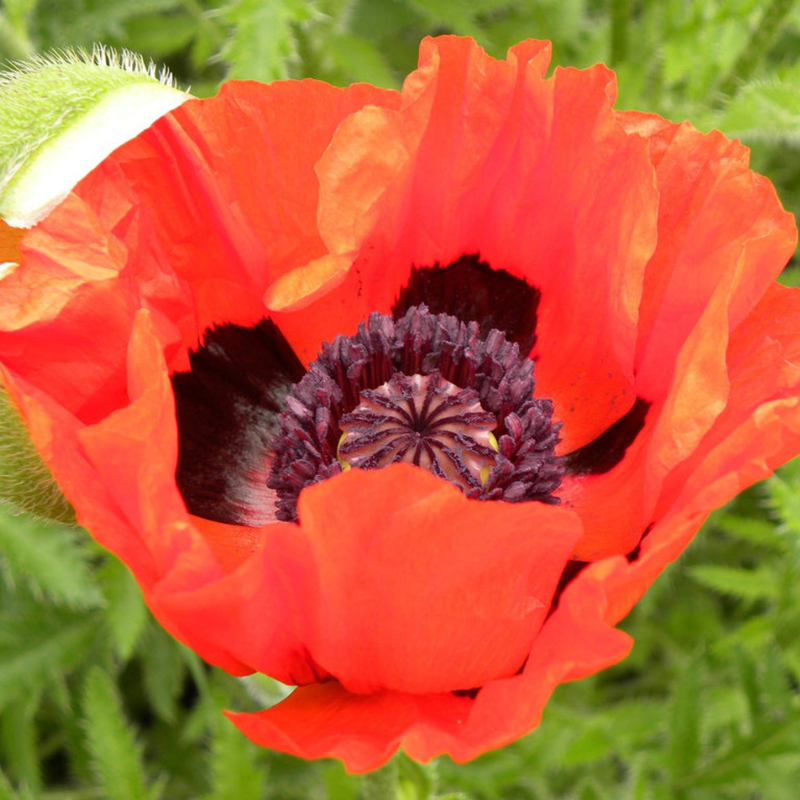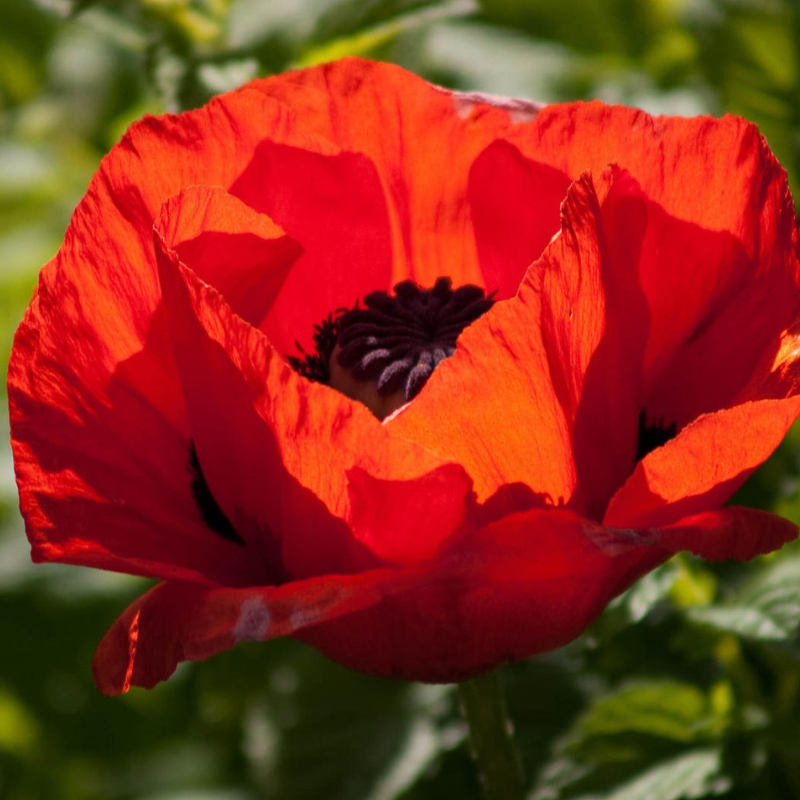- Historical context: Turkish Poppy, also known as Papaver orientale, is a species of flowering plant in the poppy family, Papaveraceae. It has been cultivated for centuries for its ornamental value and its seeds.
- Geographical origination: The Turkish Poppy is native to the Caucasus, northeastern Turkey, and northern Iran.
- Relevant cultural significance: In many cultures, poppies are symbols of sleep, peace, and death. The Turkish Poppy, in particular, is valued for its striking flowers and has been a popular garden plant in Europe and North America.
- Time period of discovery: The exact time period of discovery is not well-documented, but it has been known and cultivated since ancient times.
- Original habitat: The original habitat of the Turkish Poppy includes rocky slopes, meadows, and forest edges in its native regions.
- Notable historical uses: Historically, Turkish Poppy seeds have been used in baking and cooking, and the plant itself has been used for ornamental purposes in gardens.
- Ideal temperature range: Turkish Poppies thrive in temperatures ranging from 60°F to 75°F (15°C to 24°C).
- Soil type: They prefer well-drained, fertile soil with a neutral to slightly alkaline pH.
- Sunlight requirements: Full sun is ideal for Turkish Poppies, although they can tolerate partial shade.
- Watering needs: Moderate watering is required. The soil should be kept moist but not waterlogged.
- Planting season: The best time to plant Turkish Poppy seeds is in the fall or early spring.
- Germination time: Germination typically takes 10 to 20 days.
- Growth cycle duration: Turkish Poppies are perennial plants, meaning they will grow and bloom year after year.
- Common pests and diseases: Common pests include aphids and slugs. Diseases can include powdery mildew and root rot.
- Companion planting advice: Good companion plants include lavender, yarrow, and other drought-tolerant perennials.
- Common challenges and solutions: One common challenge is ensuring proper drainage to prevent root rot. Another is protecting young plants from pests like slugs and aphids. Using organic pest control methods and ensuring good air circulation can help mitigate these issues.
- Nutritional values: Turkish Poppy seeds are rich in essential fatty acids, protein, and dietary fiber. They also contain vitamins and minerals such as calcium, magnesium, and zinc.
- Health benefits: The seeds are known for their potential to improve digestion, support bone health, and provide antioxidant benefits.
- Culinary uses: Turkish Poppy seeds are commonly used in baking, such as in breads, pastries, and cakes. They can also be used as a topping for salads and other dishes.
- Medicinal uses: While the seeds themselves are not typically used medicinally, the plant has been used in traditional medicine for its sedative and pain-relieving properties.
- Other unique advantages: Turkish Poppies are highly valued for their ornamental beauty, adding vibrant color and texture to gardens. They are also relatively low-maintenance once established.








